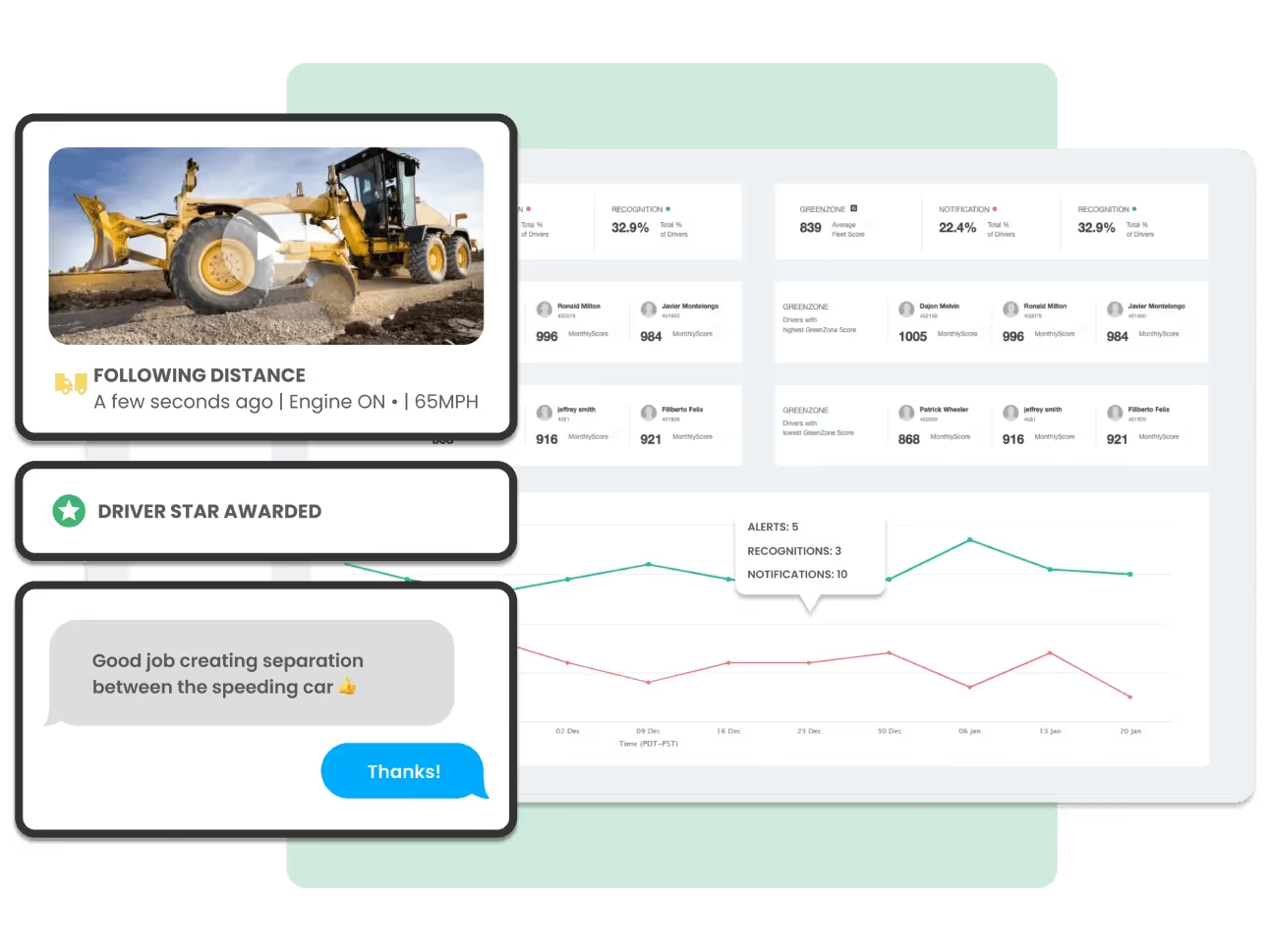The 7 Best Tips for Submitting a Successful DataQ Challenge

The Federal Motor Carrier Safety Administration's (FMCSA) DataQ Challenge provides a unique opportunity for fleets to improve their safety records and increase their visibility within the industry. This program offers participants an opportunity to streamline their reporting processes and track and analyze data more effectively while improving their compliance and safety programs. In this blog post, we will discuss the benefits of participating in the DataQ Challenge, how to submit an eligible entry, and 7 tips for success.
The Benefits of Participating in the DataQ Challenge
One significant benefit of participating in the DataQ Challenge is the ability to submit electronic documents instead of paper. This feature not only streamlines the reporting process but also reduces the risk of data entry errors. The DataQs system is also easier to use than other systems, and participants can track and analyze data more effectively. As a result, fleets can enjoy faster processing times, higher system accuracy, and improved data quality. Additionally, participating in the DataQ Challenge allows fleets to track and analyze trends more effectively, leading to increased visibility within the company and improved compliance and safety programs.
How to Submit an Eligible Entry for the FMCSA DataQ Challenge
To submit an eligible entry for the DataQ Challenge, fleets must:
- Register as a driver or member of the public or industry.
- Obtain NSC-language-qualified inspection reports and collect relevant data points and information.
- Define their data set goals and priorities and develop an optimal scoring algorithm.
- Execute and test their scoring algorithm before submitting.
By following these steps, fleets can earn bragging rights after successfully completing the challenge.
7 Tips for Success with DataQs
1. Review Information Quality Standards
The DataQs challenge prizes accuracy and completeness of data, and participants must meet a set of information quality standards to remain eligible for the competition. Reviewing these standards is essential in securing a successful submission.
2. Invest in Quality Data Collection Systems

High-quality data collection systems are crucial for delivering accurate, reliable information for the DataQs challenge. Investing in quality systems will enable for a seamless submission process while also improving data quality.
3. Develop a Data Quality Plan
A well-defined and executed plan ensures submission criteria meet the challenge standards to secure eligibility and accuracy.
4. Train Your Employees

Proper employee training on data collection and reporting techniques can improve data accuracy tremendously. Investing in the right training technology to better equip employees with the necessary skills and knowledge is essential for a successful challenge submission.
5. Implement a Quality Assurance Program
A robust quality assurance program gives confidence in submitted data while increasing accuracy, completeness, and compliance with regulations. Continuous testing and analysis of data are vital parts of the quality assurance process.
6. Create a Process for DataQs Submission

Creating a defined process for submission gives direction and acts as a framework for ensuring all necessary information gets submitted promptly. Clear submission processes ensure that submissions meet established criteria and deadlines.
7. Track and Monitor Your DataQs Challenge Progress
Monitoring the progress of a DataQs challenge submission improves engagement, provides insights into areas for improvement, and ensures deadlines are met. Careful monitoring during the submission process will enable timely adjustments for optimal results.Ready to utilize a data-driven approach to fleet management? Netradyne's fleet management solutions help fleets of all sizes enhance your fleet safety, increase operational efficiency and stay in compliance. Explore the Driver•i AI Fleet Camera System and book a demo today to experience its advanced features and benefits. Book a Demo
